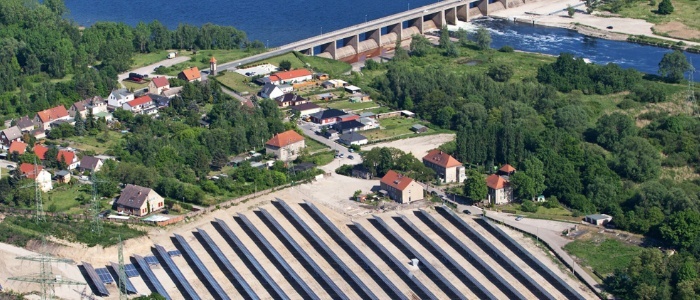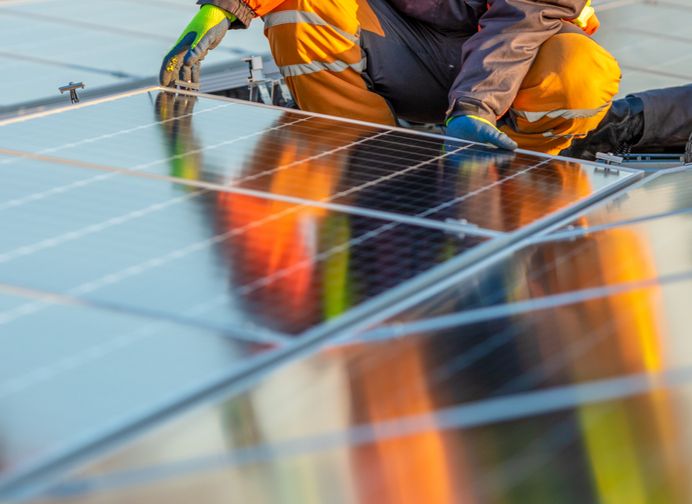The expansion of renewable energies is at the top of the political priority list in Germany. Accordingly, many large investors and institutional buyers consider the market to be attractive and are pushing into Germany. "However, market entry for newcomers is currently anything but easy", says Markus W. Voigt, CEO of the aream Group. "Because especially in times of scarcity, well-established networks are more important than money."
The German market is becoming increasingly interesting for large funds and institutional investors. "The politically intended strong growth will determine the next ten to twenty years", says Voigt. "Given this outlook and political support, many investors are working to enter the market directly." But similar to France, Italy or Spain, the market is more local. "This is also due to the very complex regulation, which always has a subjective part in addition to the purely legal-objective part", says Voigt.
This consists primarily of well-rehearsed networks. "It is easier and faster to expand existing business relationships than to integrate new ones", says Voigt. "The effort involved in checking each other out alone is immense and can significantly delay some projects." In addition, there is the knowledge of the different interpretations of states and municipalities in the approval procedures, in tenders or even in nature and environmental protection. "Anyone who is new to the market first has to acquire this knowledge", says Voigt.
"The scarce commodity at the moment is permits and plants", Voigt says. That's why market entry plans by large funds or very large institutional investors are also fraught with risk. "If you have a strong position in a neighboring country or create one through acquisition, you still can't assume it will be a no-brainer in Germany", Voigt says. "Money alone does not help here." After all, despite rising interest rates, capital is available in sufficient quantities.
"In addition to access to projects, however, the availability of critical components is also an issue", says Voigt. Short-term delivery times in particular are difficult to implement in the face of disrupted supply chains and rising demand. Again, those with well-established delivery channels will get scarce goods faster than a newcomer. "Here, a way out might still be possible via price", says Voigt. "But that would again put a strain on calculations and only allow lower returns." So it's not a good time to enter the market.
PRESSEKONTAKT:
Leandra Kiebach
T: +49 (0)211 30 20 60 4-2
E: lk@aream.de


